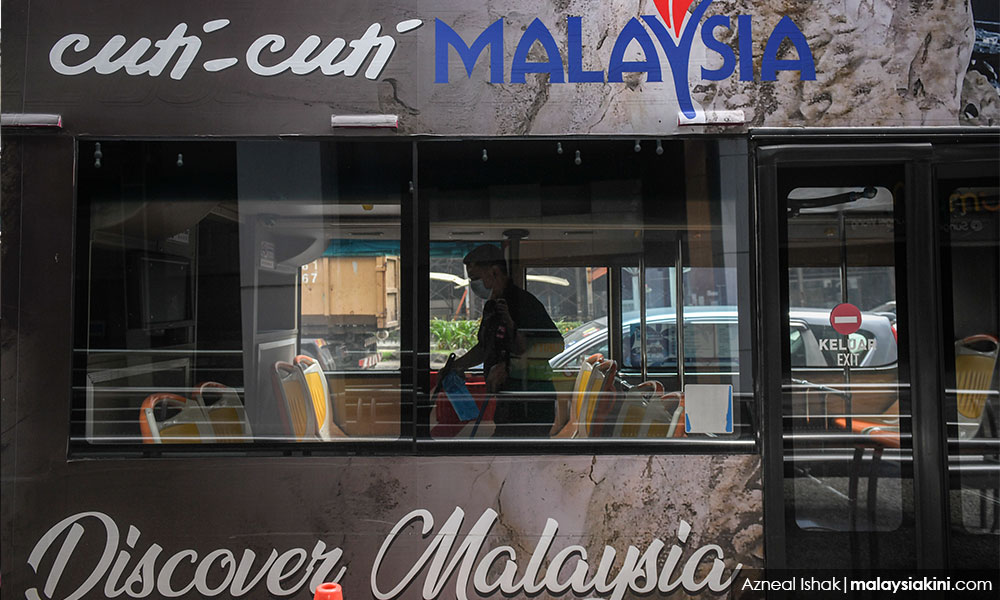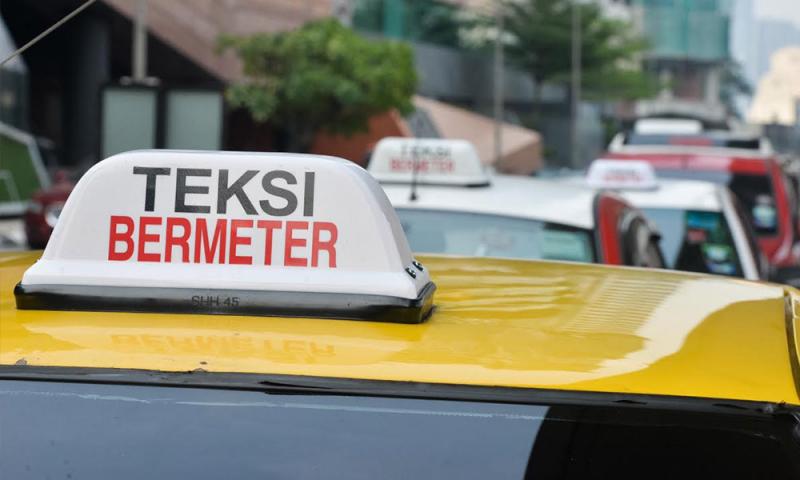LETTER | Why tourism transport issues remain unresolved
LETTER | Forty years ago, I served as honorary treasurer of the Car Rental Association of Kuala Lumpur and Selangor.
It was later renamed the Car Rental Association of Malaysia, which is one of the seven trade associations that companies licensed by the Tourism, Arts and Culture must join as a member.
In 1984, the association proposed to the government that car rental companies be licensed without the need for individual “Hire & Drive" permits for each rental car. Association members were familiar with global practices as some were franchisees of international car rental brands.
However, 40 years later, licensed car rental companies are still required to attach a permit to each rental car. The greater irony is that unlicensed car rental businesses are using private vehicles without permits to offer and operate car rental services, and getting away scot-free!
According to a leading car rental operator, neighbouring countries such as Thailand and Singapore have long adopted the practice of licensing car rental companies without the need for individual permits, which are a hassle to obtain and renew.
“Hire & Drive” permits cannot be renewed until the expiring company licence issued by the ministry is renewed. Until then, the rental cars may be grounded with expired permits for a few weeks or months. Such a Catch-22 situation occurs when more than one government agency is involved.

Over the past decades and until 2020, I joined other members of the Malaysian Association of Tour and Travel Agents (Matta) in attending meetings and forums with various government agencies, but industry players were often left disappointed as most engagements were fruitless.
I have also witnessed forums between the Land Public Transport Commission (SPAD) and taxi drivers between 2011 and 2018. There was a lot of hot air in heated sessions but ended with little or no change from both sides.
Granted, government agencies hold meetings with trade associations for various reasons. However, the views from those representing associations may not be reflective of the industry or they failed to articulate well or be convincing on the impact or severity of the issues raised.
Taxi driver association leaders love meetings with government agencies, as they later get to brag that they have given government officials an earful to impress members they have done a stupendous job, in addition to holding demonstrations and reporting by the media, but all these had come to nought.
Many reporters swallowed their claims hook, line and sinker. For example, cab drivers always complained about high rental fees charged by taxi companies, which was not true.
What they paid to taxi companies was for the rental of the taxi permit at less than RM20 per day, with the bulk for the rental-purchase of the taxi.
They voluntarily signed the rental-purchase agreement and paid a deposit of several thousand ringgit to take delivery of a taxi. Very few rented the permit from a taxi company or individual and bought their taxi, while others may rent the taxi from another driver.
Should rental-purchase agreements be terminated prematurely with the taxi company repossessing the taxis for repayment default or surrendered by the drivers, that was usually the end of the story, unlike banks that have made customers bankrupt for defaulting repayments on hire-purchase loans.
Complaints against agencies
Over the past years, it was common for transport company bosses to complain about problems they have with the Land Public Transport Commission/Agency (Spad/Apad), Road Transport Department (RTD) and Puspakom.
While some of the allegations were true, most were not substantiated, acting only on hearsay. What was reported by the runners or staff handling inspections and permits may not necessarily be accurate.
It was common for runners to concoct tales in a bid to earn more for their services.
Staff may invent stories to claim for expenses they have incurred to get things done or find excuses for their failures, often conveniently blaming others such as encountering a little Napoleons at the counter of a government agency.
Understandably, owners and staff of transport companies do not wish to offend officers of all levels in government agencies, as they are afraid of reprisals. However, if they wish to have things done properly, it should start with themselves.
Whenever problems are reported to them, they should get their staff to write a full report and then show the copy to the government agency to ascertain whether it was true or not, without accusing anyone of wrongdoing.
In this way, many problems could be brought to the surface for discussions, with both sides giving their explanations and working towards solutions.
Miscommunication?
In any case, miscommunication leading to misunderstanding is the main reason for most of the troubles and woes found everywhere.
It would be a mistake to assume what is clearly said or written would be clearly understood.
For example, I have expounded on the same basic tourism terms many times in writing and during training, but most industry players, veterans and even experts still fail to get it.
Therefore, it is no surprise for me to see that many old issues besieging tourism transport operators remain unresolved.
However, change will come if there is political will starting from tourism and transport ministers to heads of agencies such as JPJ and Apad.
YS CHAN is a master trainer for Mesra Malaysia and Travel & Tours Enhancement Course as well as an Asean Tourism Master Trainer. He is also a transport and training consultant and writer.
The views expressed here are those of the author/contributor and do not necessarily represent the views of Malaysiakini.
RM12.50 / month
- Unlimited access to award-winning journalism
- Comment and share your opinions on all our articles
- Gift interesting stories to your friends
- Tax deductable
